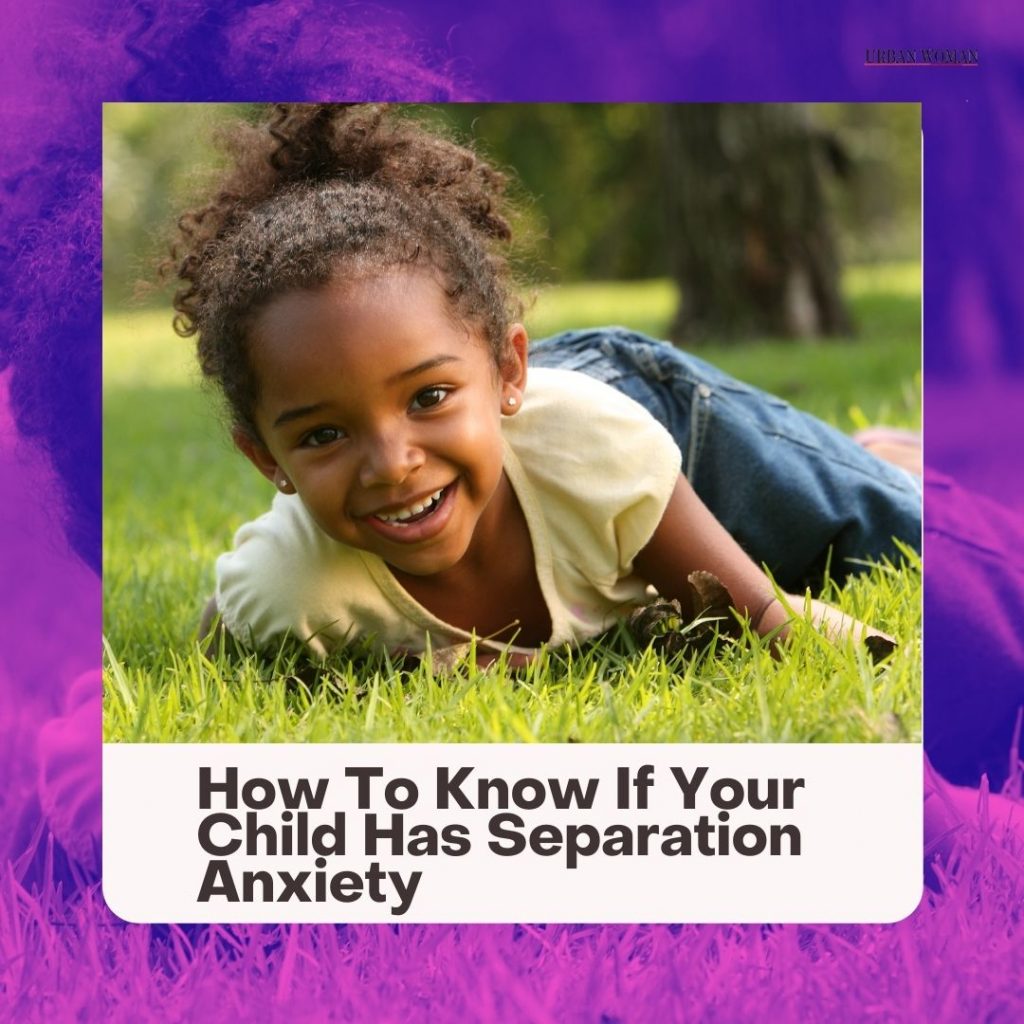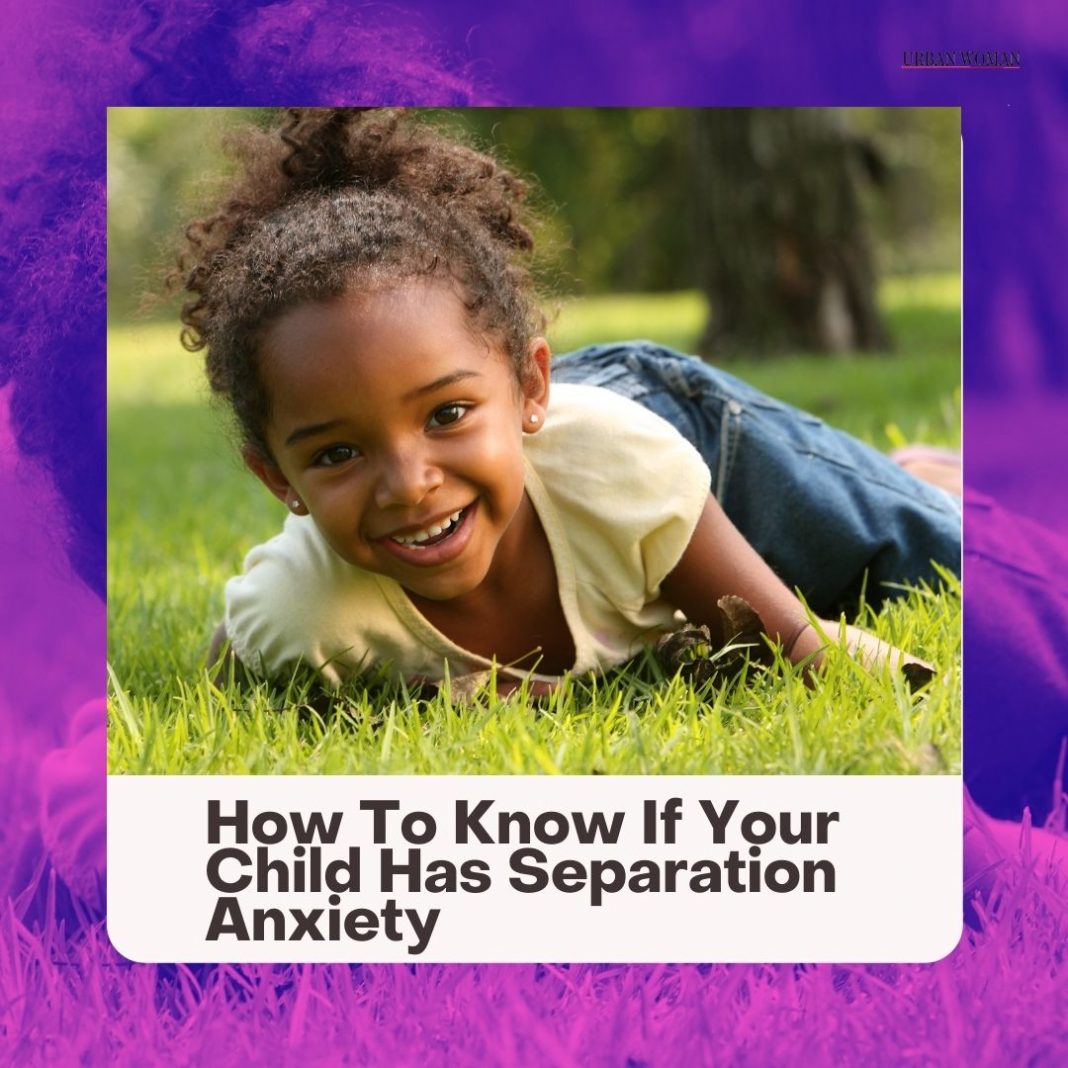It’s totally normal for young children to tear up as they say goodbye to their parents. Whether they’re heading off to a playdate, to nursery school, or to the first day of kindergarten, a little separation anxiety is par for the course. In fact, it’s actually healthy because separation anxiety indicates that your child has a healthy bond with you! But if your child is exhibiting an excessive level of anxiety when you say goodbye, you may want to consider the possibility that your child is struggling with Separation Anxiety Disorder. Over the course of this article, we’ll learn more about separation anxiety, what it is, and how you can help your child.

Article Content
What is Separation Anxiety Disorder?
Separation Anxiety Disorder is pretty much exactly what it sounds like: it’s a mental health condition that causes your child to experience significant anxiety during periods of separation. Although it’s normal for young children to feel apprehensive when saying goodbye to their parents, Separation Anxiety Disorder is problematic because it impedes a child’s ability to healthily detach from their parents and become their own person. This condition can make life harder for you and your child in a variety of ways because short periods of separation are a normal part of life. So, if your child is experiencing significant distress whenever you go to work, leave them with a babysitter, or drop them off at a play date, this can put a lot of unnecessary strain on your mental health and your child’s.
What Are The Symptoms of Separation Anxiety Disorder?
So, how can you know if your child is struggling with Separation Anxiety Disorder? Only a licensed mental health professional is qualified to actually diagnose your child, but you can identify possible symptoms on your own by asking yourself the following questions:
- Does my child’s separation anxiety disrupt their day?
- Does it prevent them from engaging in everyday activities such as going to school or playing with friends?
- Does it take a long time for my child to bounce back from each episode of anxiety?
- Is my child older than most children who typically experience separation anxiety?
These are just a few of the clarifying questions you can ask yourself when trying to determine the severity of your child’s separation anxiety. The last question can be especially crucial for your assessment because Separation Anxiety Disorder often lasts long beyond the age that we typically expect to see children struggling with separation. For example, most young children under the age of three experience some degree of separation anxiety. But they eventually grow out of it as they become their own person and start craving independence.
However, children with Separation Anxiety Disorder do not fit this mould. By contrast, children with this condition may experience severe separation anxiety well into adolescence. As a result, they may struggle to fit in with their peers, find their own identity, and transition into activities that empower them to have a life of their own. No one wants their child to struggle in life. No one wants their child to feel like an outsider or to have trouble with everyday activities. So, if your child appears to exhibit the symptoms of Separation Anxiety Disorder, it’s time to seek help from a licensed mental health professional.
How Can I Get Help For Separation Anxiety Disorder?
If you’re ready to get help for your child, there are a few simple steps you can take. For starters, you can take this free Separation Anxiety Disorder test from Mind Diagnostics. This user-friendly and confidential test will help you assess your child’s symptoms by walking you through a series of simple questions. You’ll be asked to rate the frequency of your child’s symptoms from a scale of “Never” to “Always.”
Once you’ve completed the test, you will be provided with some information on your child’s symptoms and the likelihood that they may have Separation Anxiety Disorder. You will then be given information about the resources that are available to you and how you can access these resources. For example, you might receive information about therapists in your area who are qualified to treat Separation Anxiety Disorder and how you can get in touch with them.
Reaching out for therapy can be a big step but it’s important for you to know that you are not alone! A trained child psychologist can help your child conquer their anxiety and give them the tools to enjoy a happy, healthy life. Help is just a click away, so don’t hesitate! Connect with a licensed mental health professional to get help for your child’s Separation Anxiety Disorder today!

The Urban Woman Magazine Editorial Team is made up of seasoned writers and editors who have a keen eye for detail and a passion for all things urban. We strive to create fresh, original content that appeals to the modern woman. Our mission is to provide a platform for women to share their stories, experiences and opinions on various issues affecting their lives.

